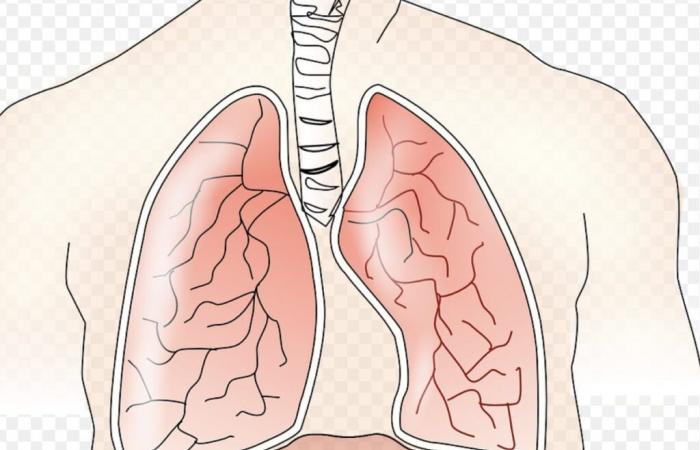A study published on April 24, 2025 in the New England Journal of Medicine and identified by Le Monde Displows our understanding of certain cancers, especially that of the lung. Coordinated by Professor Charles Swanton, a team of British and American researchers highlights an unsuspected factor of relapse and increased mortality: tumor infiltration by mutated immune cells from blood.
Mutations linked to aging already known
With age, it is common for mutations to accumulate in blood cells, a phenomenon called clonal hematopoiesis of indeterminate potential (Chip). If most carriers never develop cancer, these genetic anomalies are now recognized as a marker of aging. It is estimated that at 60, around 5 % of the population is concerned; A figure that climbs to 15 % to 80 years.
But what we knew less is that these mutated blood cells can migrate to solid tumors and settle there. This process, baptized tumor-infiltrating clonal hematopoiesis (Ti-ch), could play a direct role in the worsening of certain cancers.
Mutant macrophages that penetrate the tumor
The study carried out on 421 patients with non -small cell (NSCLC) lung cancer highlighted that almost half of the chip mutation carriers also had tumor infiltration of these cells. The latter, mainly macrophages derived from blood monocytes, frequently wore a mutation of the gene Tet2known to promote chronic inflammation.
These altered macrophages seem to create an immune environment favorable to the progression of the tumor. Affected patients have a probability of increased relapse or death of 62 % compared to other patients, according to the results of the TRACERx study.
A large-scale confirmation in the United States
To verify these observations, the researchers analyzed data by more than 49 000 patients Affected by solid tumors and treated at the Memorial Sloan Kettering Cancer Center in New York. Verdict: About a quarter of patients with chip mutations showed tumor infiltration by these transferred cells, with an increased risk of 17 %.
The most concerned cancers are those of lungof the pleuraof pancreasof the head and neckwhere these mutant macrophages seem to proliferate more. Breast, colon or brain tumors are much less affected.
To go further, the researchers have led experiences on organoids (mini-tumeurs cultivated in the laboratory) and on mice. Each time, adding macrophages carrying the mutation Tet2 significantly increased tumor growth. In rodents, the presence of these cells transferred into the blood caused massive infiltration of tumors, validating the link between hematopoietic mutations and cancer progression.
Towards new therapeutic strategies?
These results open up therapeutic tracks that are still unexplored. The idea would be specifically target these mutant macrophagesor block the mediators of the inflammation they produce, such as interleukin 1 (IL-1). Some antibodies or inhibitors could be developed for this purpose, in a logic of personalized medicine for high -risk patients.
If the increased risk remains relative (between 17 and 60 % depending on the case), the researchers insist that it is significant at the scale of the large cohorts. For cancerologists, these works represent a turning point In the analysis of relapses and resistance to treatment, especially for lung cancers.
Photo credit: DR
[cc] Breizh-info.com, 2025, free copying and distribution dispatches subject to mention and link to the original source






